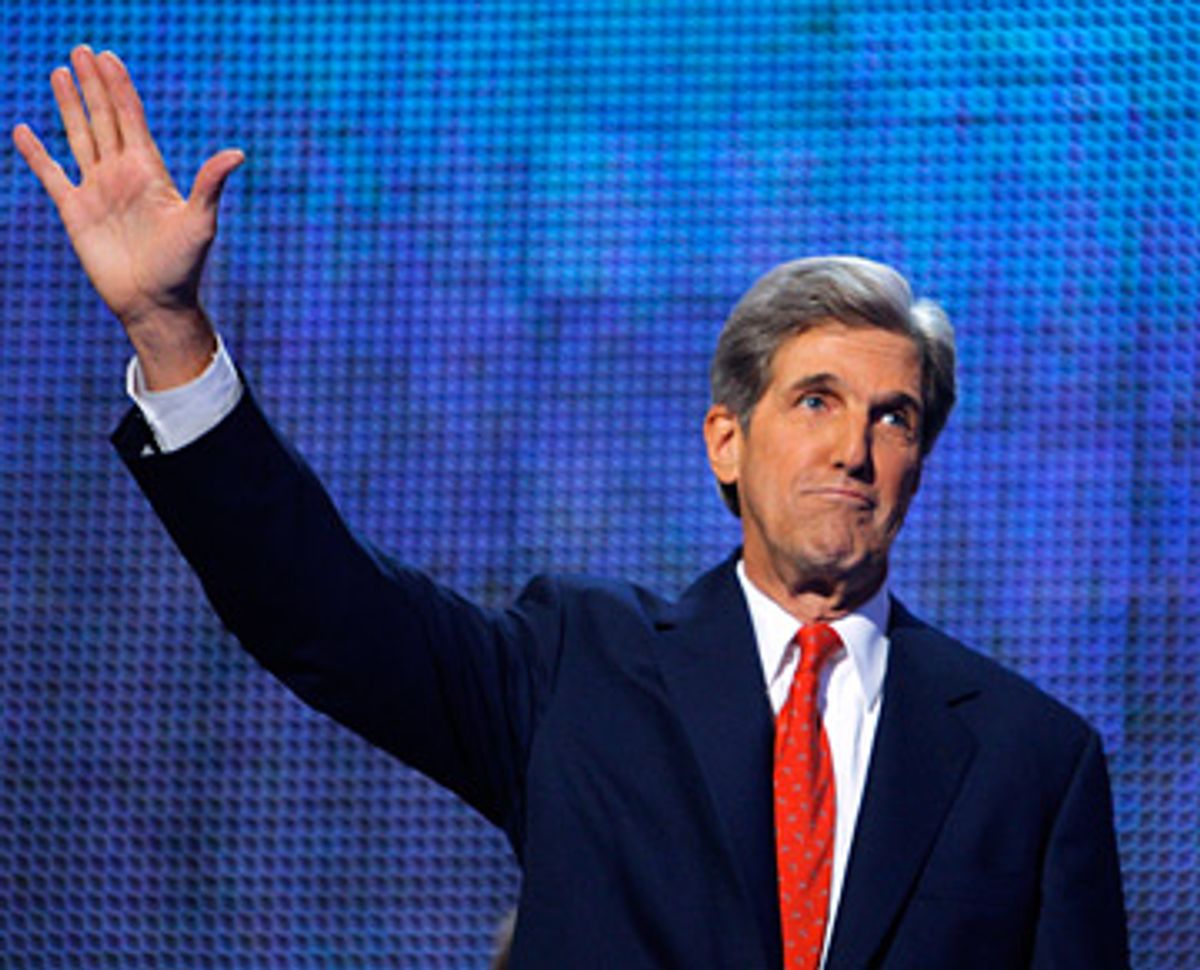 HAVANA, Cuba — At the last Summit of the Americas, held in Colombia in April, Washington’s rivals in Latin America and its political allies had the same piece of advice for better US diplomacy in the region: get over your Cuba fixation.
HAVANA, Cuba — At the last Summit of the Americas, held in Colombia in April, Washington’s rivals in Latin America and its political allies had the same piece of advice for better US diplomacy in the region: get over your Cuba fixation.
Now, with Sen. John Kerry (D-Mass.) likely to be confirmed as the next secretary of state, theUnited States will have a top diplomat who has been a frequent critic of America’s 50-year-old effort to force regime change in Havana.
In recent years, Kerry has been the Senate’s most prominent skeptic of US-funded pro-democracy efforts that give financial backing to dissident groups in Cuba and beam anti-Castro programming to the island through radio and television programs based in Miami.
Kerry has also favored lifting curbs on US travel to the island, and opening up American tourism to the only country in the world the US government restricts its own citizens from visiting.
For the rest of Latin America, where leaders say they're eager for Washington to modernize its view of the region and engage in new ways, Cuba remains “a litmus test” for the Obama presidency, according to Julia Sweig, director of Latin American Studies at the Council on Foreign Relations.
“The strategic benefits of getting Cuba right would reverberate throughout the Americas,” said Sweig, calling Kerry “ideally suited to the task.”
“Kerry's instincts and experience in Latin America are to see past lingering and often toxic ideology in the US Congress and bureaucracy in favor of pragmatism and problem solving,” she said.
Regardless of Kerry’s record on Cuba policy in the Senate, analysts say he will face several obstacles to major change, not least of which will be the man likely to replace him as chairman of the Senate Committee on Foreign Relations, Sen. Bob Menendez (D-New Jersey), a Cuban American.
If Menendez becomes chairman, then the committee responsible for shaping US foreign policy in the upper house will be led by a hardliner who wants to ratchet up — not dial back — the US squeeze on Havana.
So while Kerry may have some latitude to adjust Cuba policy from inside the White House, Latin America experts don’t expect sweeping change — like an end to the Cuba Embargo — which requires Congressional action.
“On Latin America, in general, I think Kerry has a longer and broader vision,” said Robert Pastor, professor of international relations at American University. But when it comes to Cuba, he cautioned, “Kerry is also a political realist.”
“Changing US policy is not a high priority for him, but not changing US policy is the only priority for Bob Menendez,” Pastor said.
In 2011, Kerry delayed the release of nearly $20 million in federal funds for pro-democracy Cuba projects run by the US Agency for International Development (USAID), questioning their effectiveness and insisting on greater oversight.
“There is no evidence that the ‘democracy promotion’ programs, which have cost the US taxpayer more than $150 million so far, are helping the Cuban people,” Kerry said at the time. “Nor have they achieved much more than provoking the Cuban government to arrest a US government contractor.”
The US government contractor is Alan Gross, jailed on the island since December 2009. Cuban authorities arrested Gross while he worked on a USAID project to set up satellite communications gear that would allow members of Cuba’s Jewish community to connect to the internet without going through government servers.
Cuba sentenced him to 15 years in prison, but now says its willing to work out a prisoner swap for the “Cuban Five,” a group of intelligence agents who have been serving time in a US federal prison.
The Obama administration has refused to negotiate, calling on Havana to release Gross unconditionally, and even US lawmakers who advocate greater engagement with Cuba say no change will be possible as long as he’s in jail.
The Castro government insists it’s not willing to give up Gross for nothing.
Carlos Alzugaray, a former Cuban diplomat and scholar of US-Cuba relations at the University of Havana, said a resolution to the Gross case and other significant changes in US policy would “require a big investment of political capital” by Kerry and Obama.
“The question is if Kerry will be willing and able to convince Obama that he should push for change, and if they can neutralize Menendez,” Alzugaray said.
“If that happens, then we will see change,” he said. “If not, it will be more of the same: minimal and timid changes but nothing big.”



Shares